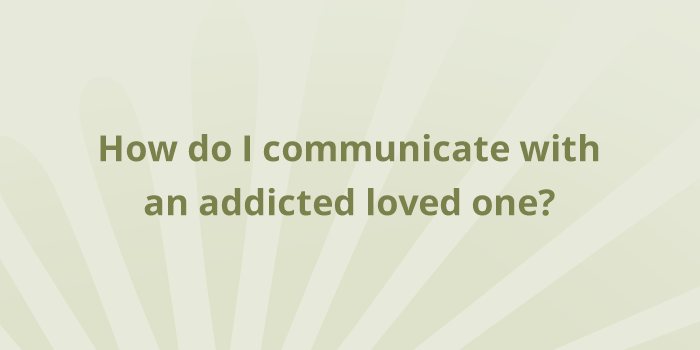I Know I Abuse My Prescription Meds, What Are My Treatment Options?
For those who have been injured in an accident, prescription medication can be a godsend. They...

When you realize that someone you love and care for is addicted to drugs or alcohol and you want to help, this can be an uphill challenge.
Trying to help someone suffering from addiction can seem like a long process, and it is frequently made even more difficult when the person does not acknowledge that they have a problem. Over time, their relationships at work or at home may start to deteriorate and they spend time either out partying or indulging their addiction at home.
Before trying to approach the subject of their addiction, it’s important to recognize that your help may not be welcomed at first. Someone who is addicted to drugs or alcohol must be ready to make a change. Convincing them of this need can be part of the process.
If at all possible, it’s generally thought best to have an in-person, non-confrontational one-to-one conversation with them about your worries and concern for their health and wellness. It’s definitely best to have this discussion when they are sober. Arguing with someone who is in an “altered” state most likely will not be able to discern their behavior.
Other tips include staying calm and collected and strong in the face of possible arguments, not being judgmental, and always being honest about how you feel about their drug or alcohol use and how their abuse is affecting your relationship.
If you’ve given the one-to-one discussion a chance and you still feel that your loved one is unresponsive or in denial about their addiction, consider an intervention. Gathering family and friends to confront someone who’s abusing drugs or alcohol can be a bigger wake-up call on their destructive behavior.
Finally, make sure you stick with them through the recovery process so that they know you’re there for them and won’t abandon them when times get tough. Don't lose hope if your attempts to help aren't successful the first time around. If you are concerned that your loved one may be struggling with substance use, contact us to speak with an unbiased addiction treatment specialist for a no-commitment consultation.
For those who have been injured in an accident, prescription medication can be a godsend. They...
Addiction is a complex disease that can be difficult to understand for those who haven't...
Is there a connection between being a workaholic and having an alcohol use disorder? There could...